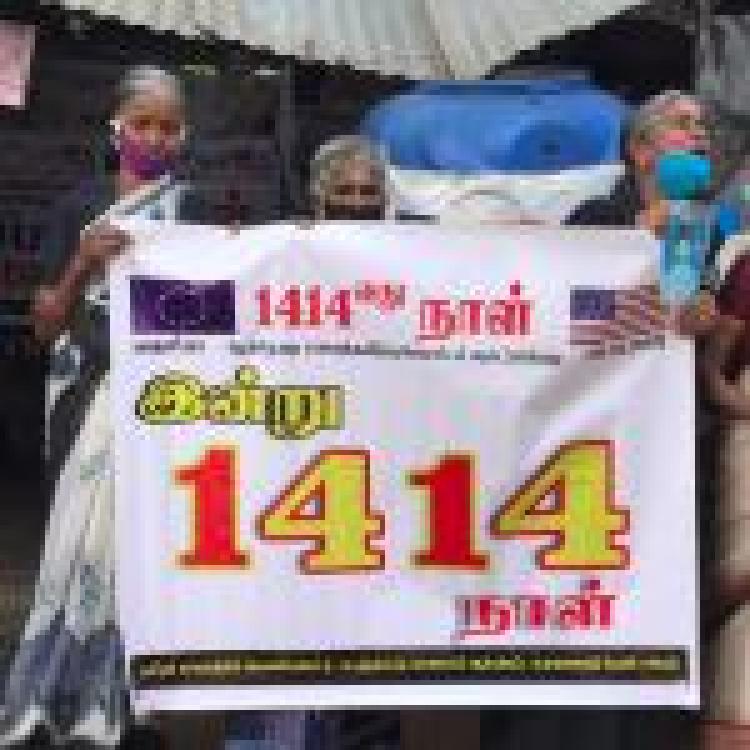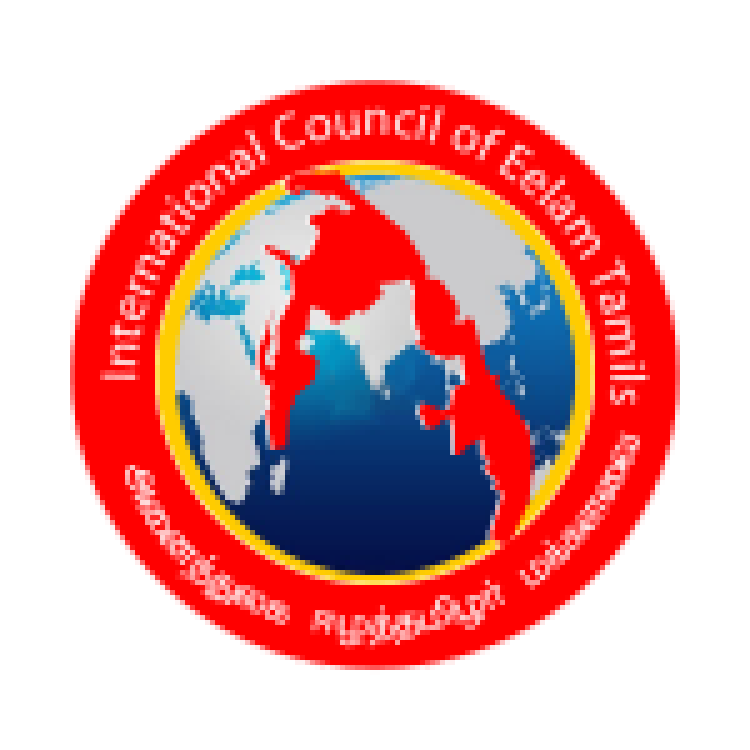Tamil political parties, civil society representatives and families of the disappeared came together to discuss accountability and justice, in attempts to reach a common position ahead of the 46th session of the UN Human Rights Council (UNHRC) in Geneva later this year.
With two months to go for the next HRC session, several politicians including Tamil National Alliance (TNA) spokesperson M A Sumanthiran, Tamil National People’s Front (TNPF) leader Gajendrakumar Ponnambalam, Tamil Makkal Thesiya Kootani's (TMTK) representative, civil society representatives and the families of the disappeared held several discussions with the intention of voicing a strong unified stance at the UNHRC session in March.
The representative for the families of the disappeared in the North-East expressed their satisfaction following the discussions, saying “we are satisfied that our demands have been accepted by everyone to a reasonable level”.
“We are united in the demand to take Sri Lankan war criminals before the International Criminal court. We have been asking for the ICC since 2018. We must unite and work together as one voice in order for it to be valuable.”
“Based on common ideas we will explore if we can take a united position” stated Sumanthiran, further adding “we cannot allow them to hide oppression”.
“It has a lot of consequences,” he continued. “Sri Lanka has given promises internationally to India and others; we have told them that they cannot act against these promises.”
The TMTK’s representative stated “although there are conflicting points during the discussions, we have reached certain decisions”. “The discussions will help bring politicians and civil society representatives come to an agreement,” they added.
TNPF leader Gajendrakumar Ponnambalam confirmed the formation of a small team with the aim of emphasising that “we are one” at the UNHRC session, adding that the agreements reached between them will be used as a “first step” for further meetings.




